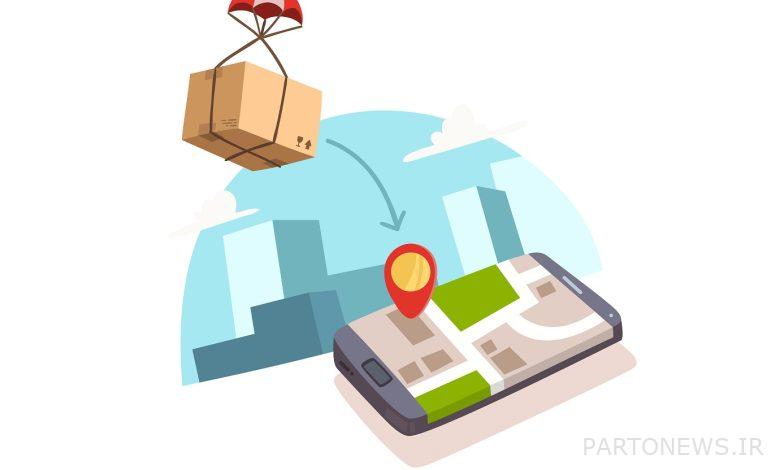Cosmo and the troubles of a startup shipping a product in a limited time

In the startup environment, it is a habit to talk about successes to keep our hopes alive for the future, but it is a big mistake to forget the failures of the past and not benefit from the experiences of the past. For this purpose, the Ecomotive team has collected the experiences of a series of failed startups, so that reviewing their failed stories may be a basis for the success of new startups in Iran’s startup community. This collection will be published and made available to the audience in the form of the story of failure. We review the twenty-third part of this series, which deals with the story of the failure of Cosmo startup.
Cosmo Services
Cosmo was a startup that offered its services through the Internet and within an hour, it delivered movies, games, DVDs, magazines, books, food, Starbucks coffees and other things to its customers for free in several large American cities. This startup was founded by two young investment bankers; It was founded by Joseph Park and Yong Kang in March 1998 in New York City.
Cosmo’s business model was based on the delivery of small purchased goods by motorbike, car, truck or public transport. Criticizing this model, business analysts believed that the delivery of goods in this way is very expensive and it is unlikely that this startup will make a profit from this. In response, the company said that in its target market, due to the lack of rental space for storing goods, it will earn more than the cost of delivering the goods.
Cosmo in 1999 a total of 28 million dollars from a group of investors; that’s mean Flat Rhine, O. Ak And rubber band received and another 60 million dollars was paid to this company in 2000 by Amazon.
The Fall of Cosmo
In February 2000, an agreement between Cosmo and Starbucks A joint venture was closed, whereby the company would be paid $150 million to promote Cosmo services in Starbucks coffee shops. Instead, more than 500 Starbucks coffee shops installed Dropboxes in their stores to return movies. Finally, in March 2001, Cosmo terminated the contract after paying $15 million.
Cosmo was fearlessly trying to grow and develop quickly, making mistakes in the process. The company’s business model was only suitable for dense and crowded cities and not all the cities to which it had expanded its work, hence the markets that this company had achieved were generally low demand and low profit. Also, the free delivery of some small goods brought losses to the company, so the catering services for the main customers were stopped when there were high-end customers and they were expected to order expensive goods.
According to SEC filings, the company had revenue of $3.5 million in 1999 and a net loss of $26.3 million.
Although popular with students and young professionals, Cosmo failed like many other startups after the dot-com bubble burst, laying off 110 employees. The employees found out about the matter when they arrived at the beginning of their shift and were faced with closed doors. All of the company’s offices and the Memphis distribution center were sold to an entertainment wholesaler.
Study proposal
How do you rate this article?


